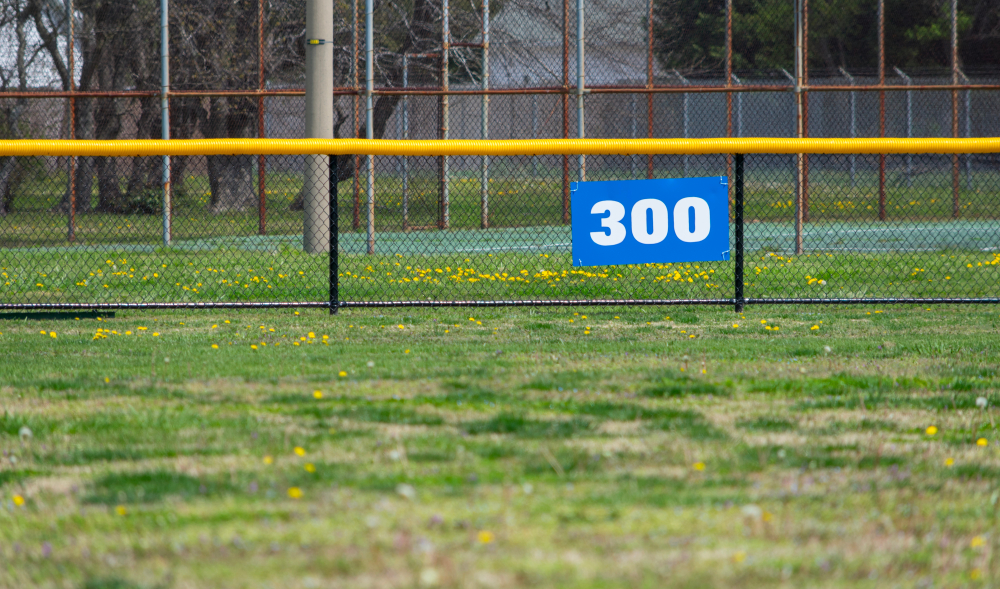The cost of 300 feet of fencing can vary widely depending on several factors, including the type of fencing material you choose, the style of the fence, the region where you live, and whether you plan to install the fence yourself or hire a professional contractor. Here are some rough cost estimates for different types of fencing materials, as of my knowledge, with a cutoff date of January 2022:
- Chain-Link Fence: Chain-link fencing is often one of the more budget-friendly options. On average, you might expect to pay around $5 to $20 per linear foot for materials, depending on the height and gauge of the chain link and the complexity of the installation. For 300 feet, this would translate to a cost range of $1,500 to $6,000 for materials.
- Wood Fence: The cost of wood fencing can vary widely based on the type of wood (e.g., cedar, pine, redwood), style (e.g., picket, privacy, split rail), and whether the wood is treated or untreated. On average, you might budget around $10 to $30 per linear foot for materials. For 300 feet, this would translate to a cost range of $3,000 to $9,000 for materials.
- Vinyl Fence: Vinyl fencing tends to be more expensive upfront but requires less maintenance over time. Prices can range from $20 to $50 or more per linear foot for materials. For 300 feet, this would translate to a cost range of $6,000 to $15,000 for materials.
- Wrought Iron or Aluminum Fence: These metal fences are typically more expensive than wood or vinyl. Prices can vary widely based on the design and style of the fence. On average, you might expect to pay $20 to $40 or more per linear foot for materials. For 300 feet, this would translate to a cost range of $6,000 to $12,000 or higher for materials.
- Composite Fence: Composite fencing is a durable and low-maintenance option. Prices can range from $20 to $40 or more per linear foot for materials. For 300 feet, this would translate to a cost range of $6,000 to $12,000 or higher for materials.
- Installation Costs: Keep in mind that the cost estimates provided above are for materials only. If you plan to have the fence professionally installed, you should budget for additional installation costs, which can vary depending on the complexity of the job and local labor rates. Installation costs may roughly match the material costs or be slightly lower.
To get an accurate estimate for your specific fencing project, it’s advisable to contact local fencing contractors or suppliers for quotes. They can provide detailed cost estimates based on your location and the specific requirements of your project. Additionally, consider any necessary permits or additional costs for gates and other accessories when budgeting for your fence installation.

